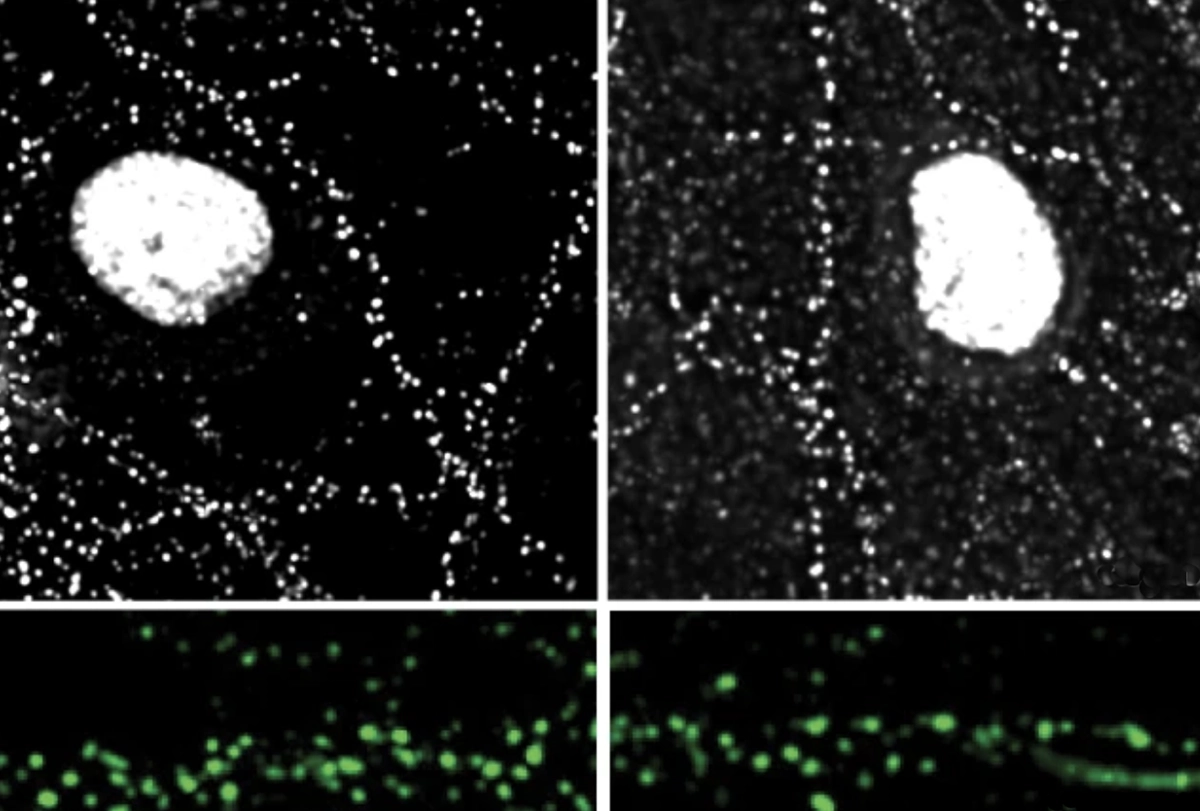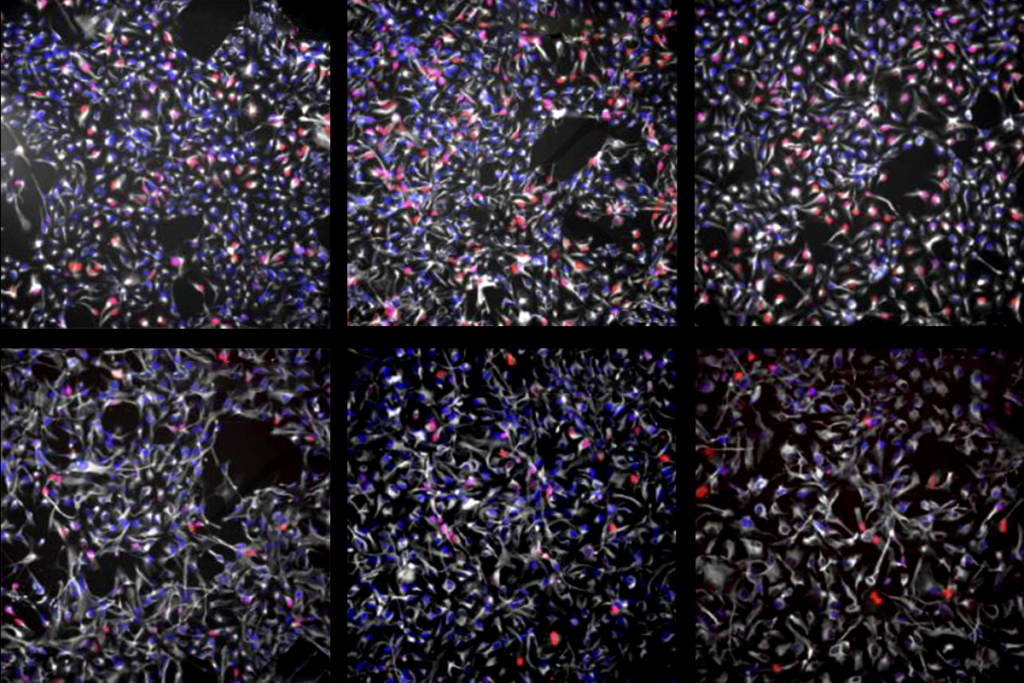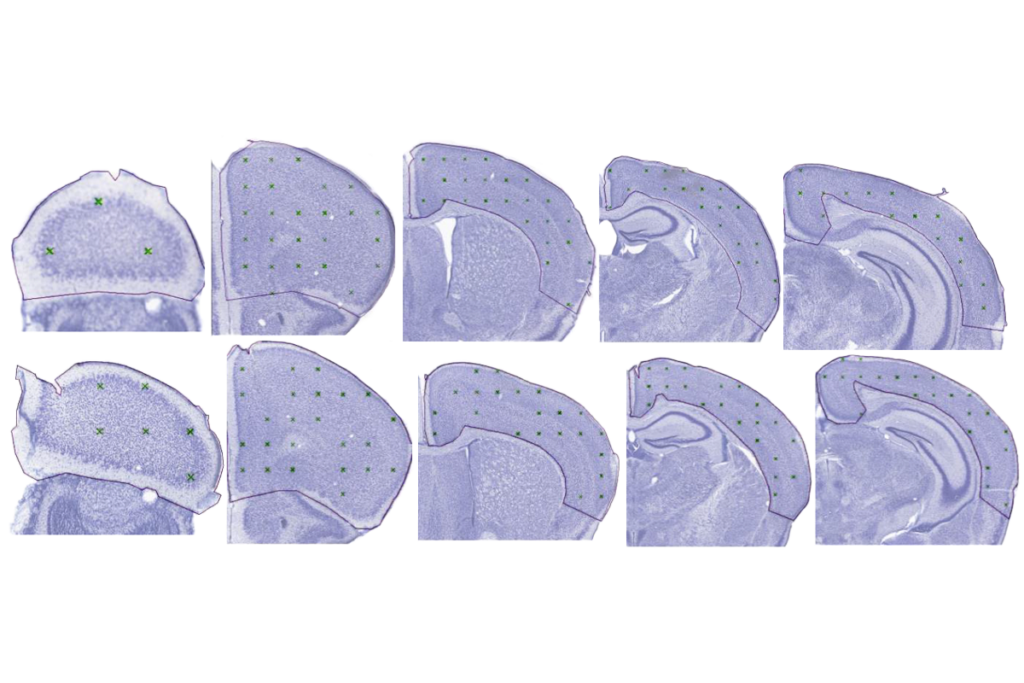Brain Gene Registry; neurite density; income disparities in autism diagnoses
Here is a roundup of autism-related news and research spotted around the web for the week of 29 April.
By
Jill Adams
30 April 2024 | 2 min read

Missed connections: Mice missing the BMP2 gene (right panels) form fewer glutaminergic synapses onto parvalbumin interneurons than do controls (left panels).
- Altered transcription spurred by a variety of autism-linked genes often converges on a small number of developmental pathways, according to a preprint about cortical organoids derived from human induced pluripotent stem cells. bioRxiv
- Gene variants linked to autism are also linked to decreased neurite density in the brain, according to a preprint that used UK BioBank data. medRxiv
- Low-income families have a higher prevalence of autism diagnoses than do high-income families, according to an analysis by the U.S. Centers for Disease Control and Prevention. Morbidity and Mortality Weekly Report
- The U.K. Metropolitan Police are investigating advertisers hawking false claims about stem cell therapy for autism. BBC
- A new resource called the Brain Gene Registry contains genetic and phenotypic data from people with intellectual and developmental disabilities; its goal is to help researchers better characterize the links between genes and conditions such as autism and attention-deficit/hyperactivity disorder. Journal of Neurodevelopmental Disorders
- Speech-processing difficulties in autistic children may be related to altered integration of auditory and visual stimuli, according to a preprint. bioRxiv
- Alterations in executive function in autistic children appear to contribute to the likelihood of having mental health conditions, such as anxiety, depression or aggression. Autism
- Mental health conditions affect sleep quality in children with fragile X syndrome, which, in turn, affects daily functioning at school. Journal of Autism and Developmental Disorders
- Different variants of the SCN2A gene, which are linked to autism and epilepsy, confer different effects on sodium channel function, and different clinical profiles. Brain
tags:
Recommended reading

INSAR takes ‘intentional break’ from annual summer webinar series
By
Lauren Schenkman
30 June 2025 | 4 min read

Dosage of X or Y chromosome relates to distinct outcomes; and more
By
Daisy Yuhas
24 June 2025 | 2 min read
Explore more from The Transmitter

Machine learning spots neural progenitors in adult human brains
By
Claudia López Lloreda
3 July 2025 | 7 min listen
Xiao-Jing Wang outlines the future of theoretical neuroscience
By
Paul Middlebrooks
2 July 2025 | 112 min listen

Memory study sparks debate over statistical methods
By
Katie Moisse
2 July 2025 | 5 min read
Cite this article:
